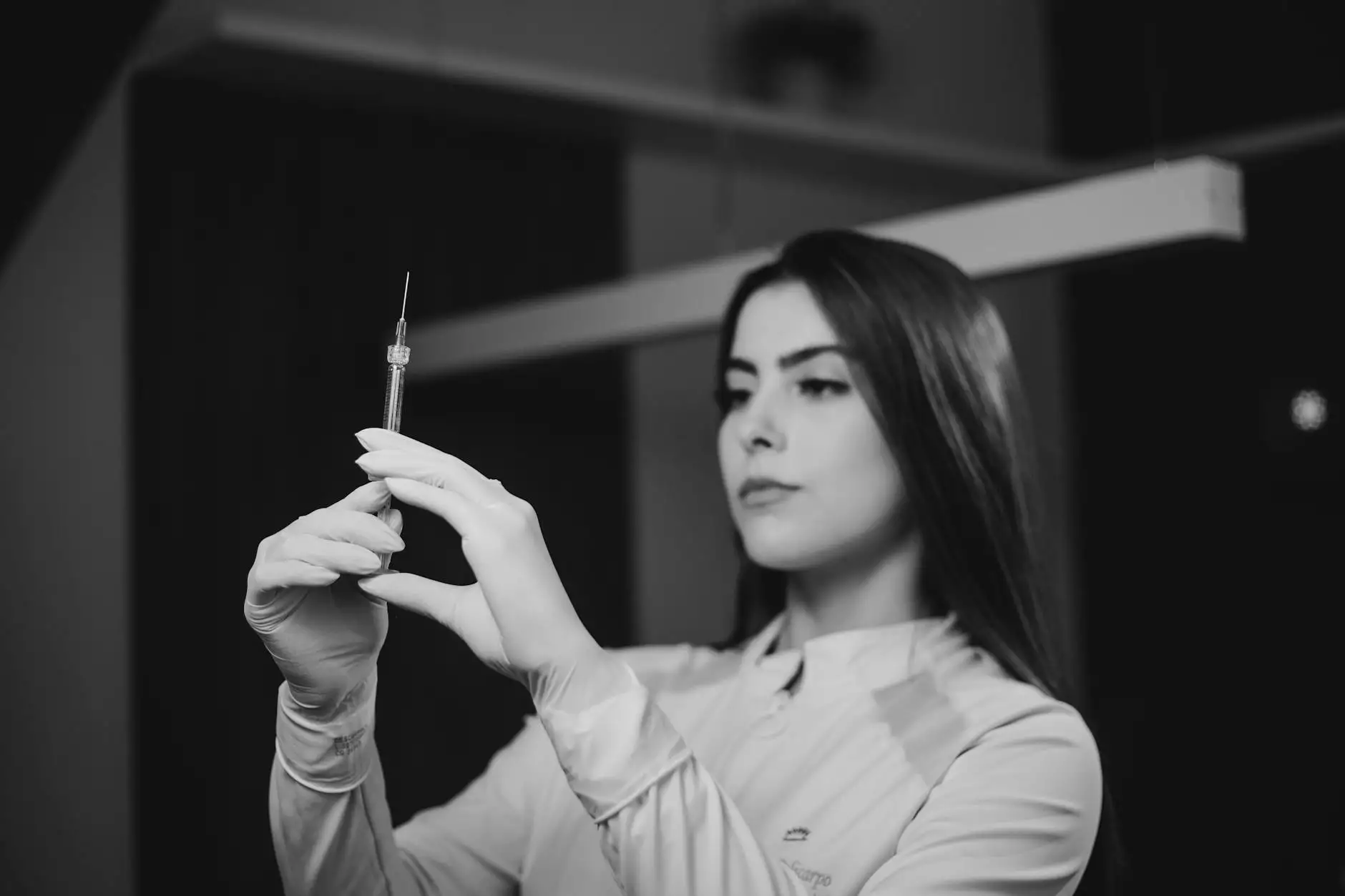The 9 Major Side Effects of Chemotherapy - Part I
Blog
Introduction
Chemotherapy is a commonly used treatment for various types of cancer. While it can be effective in combating cancer cells, it is important to be aware of the potential side effects that may arise from this treatment. In this article, we will discuss the major side effects that individuals may experience during chemotherapy.
1. Nausea and Vomiting
One of the most common side effects of chemotherapy is nausea and vomiting. This can be caused by the medications used during treatment, which can irritate the stomach lining. It is important to stay hydrated and follow any prescribed anti-nausea medications to alleviate these symptoms.
2. Hair Loss
Another well-known side effect of chemotherapy is hair loss. Chemotherapy drugs target rapidly dividing cells, which includes hair follicles. As a result, both scalp and body hair may start to thin or fall out. It is important to discuss with your healthcare provider and explore options such as using a wig or headscarf to manage this side effect.
3. Fatigue
Chemotherapy treatments can cause fatigue, leaving individuals feeling physically and mentally drained. It is vital to listen to your body and prioritize rest. Engaging in light exercise, eating a balanced diet, and practicing relaxation techniques can also help alleviate fatigue.
4. Loss of Appetite and Weight Changes
Many individuals undergoing chemotherapy experience a loss of appetite, which can lead to weight changes. It is important to try small, frequent meals and incorporate nutrient-dense foods into your diet. Consult with a registered dietitian who specializes in oncology nutrition to ensure you are getting the necessary nutrients.
5. Immune System Suppression
Chemotherapy drugs can temporarily weaken the immune system, making individuals more susceptible to infections. It is important to practice good hygiene, avoid crowded places, and get recommended vaccinations to minimize the risk of infections. Consult with your healthcare provider for specific guidelines.
6. Cognitive Changes
Chemotherapy-induced cognitive changes, commonly referred to as "chemo brain," can manifest as memory problems, difficulty concentrating, or feeling mentally foggy. Engaging in brain-stimulating activities, such as puzzles or reading, and getting enough sleep can help manage these cognitive changes.
7. Emotional and Psychological Effects
Chemotherapy can have emotional and psychological effects on individuals, including increased anxiety, depression, or mood swings. It is crucial to seek support from loved ones, join support groups, or consider therapy to cope with these challenges.
8. Skin and Nail Changes
Chemotherapy can affect the health of your skin and nails. Skin may become dry, itchy, or more sensitive to the sun. Nails may become brittle or discolored. Protect your skin from the sun, moisturize regularly, and keep your nails trimmed to minimize these side effects.
9. Fertility Issues
In some cases, chemotherapy can impact fertility for both men and women. It is important to discuss fertility preservation options with your healthcare provider before starting treatment if preserving fertility is a concern for you.
Conclusion
Chemotherapy can be a challenging and life-altering experience. Understanding the potential side effects and knowing how to manage them is crucial for individuals undergoing treatment. At Nasseri Medical Centre & Medspa, we are committed to providing support and resources to help individuals navigate these side effects and improve their overall well-being during chemotherapy.









